"Socialists did not share Radicals' extremist views"
Nikola Šainović’s defense continued its case at the Hague Tribunal this week.
Friday, 24.08.2007.
15:13

Nikola Sainovic’s defense continued its case at the Hague Tribunal this week. Sainovic, former deputy Serbian prime minister and Serbian Socialist Party (SPS) high official, is standing trial accused of war crimes committed in Kosovo in 1999, along with five other top Serbian and Yugoslav officials, in a process dubbed the Kosovo Six. "Socialists did not share Radicals' extremist views" The Hague prosecutor argued Thursday that the presence of the Serb Radical Party (SRS) in the Serbian government showed its unwillingness to engage in a real dialogue with the Kosovo Albanians. Sainovic’s defense witness’s reply was that the SPS did not agree with the extremist views of its coalition partner. However, he was unable to specify the Radicals’ views that the Socialists were opposed to. At the end of the cross-examination of former secretary of the SPS Main Board, Milan Jovanovic, the prosecutor challenged his claim that the Serbian authorities had wanted to find a peaceful and political solution for the Kosovo crisis. To support its allegation, the prosecution brought forward the fact that in 1998 and 1999 the SPS had formed a coalition government with the Serbian Radical Party (SRS). The Radicals’ leader Vojislav Seselj advocated the "new colonization of Kosovo by Serbs" and the expulsion of Albanians as a way of changing the ethnic composition of the province from the early nineties. Jovanovic’s reply was that the coalition with the Radicals did not mean that the Socialists accepted all of Seselj’s extremist views. He reminded the court that the Radicals’ leader had insulted President Milosevic and his family on several occasions, noting that those insults did not prevent the two parties from forming a coalition, because politics was based on compromise. The presiding judge entered the fray, asking the witness to give at least one of Seselj’s extremist views the SPS had disagreed with. The witness was unable to remember a single one. After Sainovic’s defense counsel Toma Fila refreshed his memory, he was able to recall that the Socialists did not support Seselj’s view that Serbia’s borders should go along the Karlobag-Ogulin-Karlovac-Virovitica line. "And you managed to remain in the coalition with a party that advocated violent changing of the borders?" the presiding judge asked, and the witness said that it was so. The next witness called by Sainovic’s defense was Andreja Milosavljevic, former minister in the Serbian government and the coordinator for the state authorities in Kosovo in the summer of 1998. He claims that at the time the Serbian authorities did everything they could to prevent the humanitarian disaster in Kosovo, distributing food and items needed to repair houses regardless of the ethnic background of the recipients. Milosavljevic said that in contacts with the foreign diplomats in Kosovo he received information about the crimes against the Albanian civilians. But when he then talked to the local politicians and military and police sources, he learned that in most cases those were "clashes between village gangs" and that the perpetrators were put on trial. Milosavljevic will be cross-examined today.
"Socialists did not share Radicals' extremist views"
The Hague prosecutor argued Thursday that the presence of the Serb Radical Party (SRS) in the Serbian government showed its unwillingness to engage in a real dialogue with the Kosovo Albanians.Šainović’s defense witness’s reply was that the SPS did not agree with the extremist views of its coalition partner. However, he was unable to specify the Radicals’ views that the Socialists were opposed to.
At the end of the cross-examination of former secretary of the SPS Main Board, Milan Jovanović, the prosecutor challenged his claim that the Serbian authorities had wanted to find a peaceful and political solution for the Kosovo crisis.
To support its allegation, the prosecution brought forward the fact that in 1998 and 1999 the SPS had formed a coalition government with the Serbian Radical Party (SRS).
The Radicals’ leader Vojislav Šešelj advocated the "new colonization of Kosovo by Serbs" and the expulsion of Albanians as a way of changing the ethnic composition of the province from the early nineties.
Jovanović’s reply was that the coalition with the Radicals did not mean that the Socialists accepted all of Šešelj’s extremist views.
He reminded the court that the Radicals’ leader had insulted President Milošević and his family on several occasions, noting that those insults did not prevent the two parties from forming a coalition, because politics was based on compromise.
The presiding judge entered the fray, asking the witness to give at least one of Šešelj’s extremist views the SPS had disagreed with. The witness was unable to remember a single one.
After Šainović’s defense counsel Toma Fila refreshed his memory, he was able to recall that the Socialists did not support Šešelj’s view that Serbia’s borders should go along the Karlobag-Ogulin-Karlovac-Virovitica line.
"And you managed to remain in the coalition with a party that advocated violent changing of the borders?" the presiding judge asked, and the witness said that it was so.
The next witness called by Šainović’s defense was Andreja Milosavljević, former minister in the Serbian government and the coordinator for the state authorities in Kosovo in the summer of 1998.
He claims that at the time the Serbian authorities did everything they could to prevent the humanitarian disaster in Kosovo, distributing food and items needed to repair houses regardless of the ethnic background of the recipients.
Milosavljević said that in contacts with the foreign diplomats in Kosovo he received information about the crimes against the Albanian civilians.
But when he then talked to the local politicians and military and police sources, he learned that in most cases those were "clashes between village gangs" and that the perpetrators were put on trial.
Milosavljević will be cross-examined today.


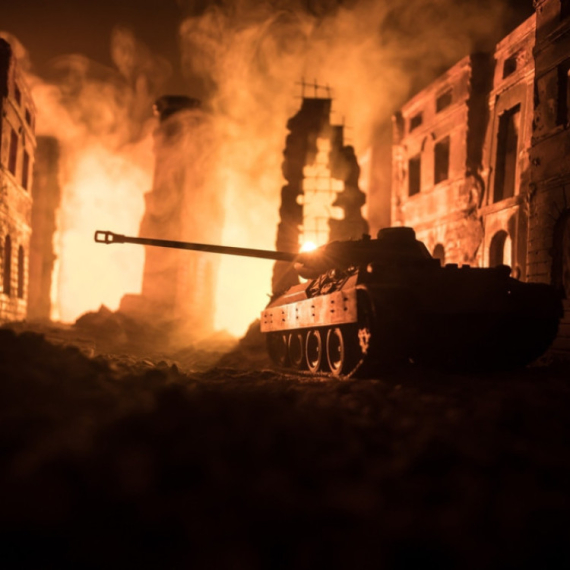
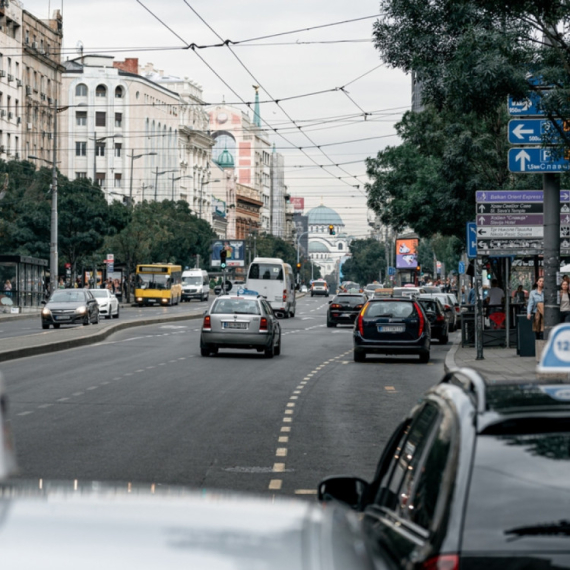

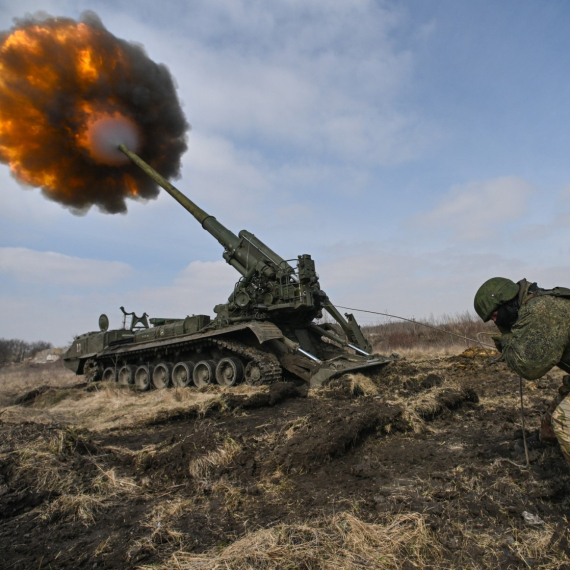
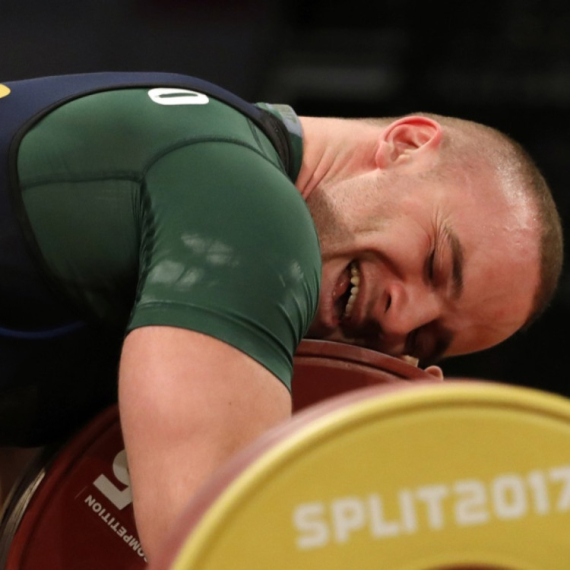




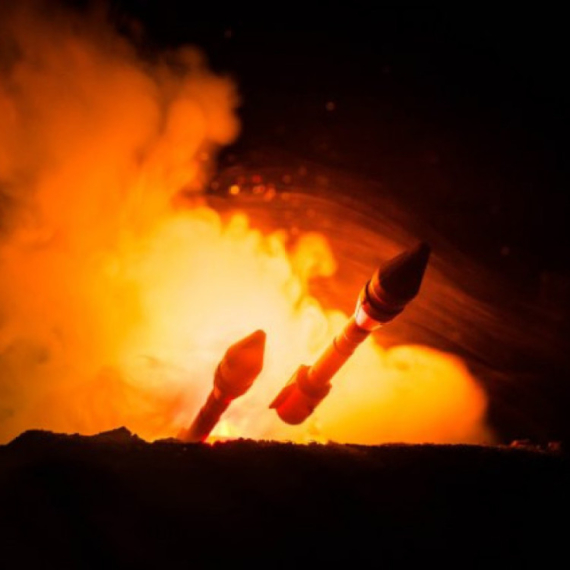
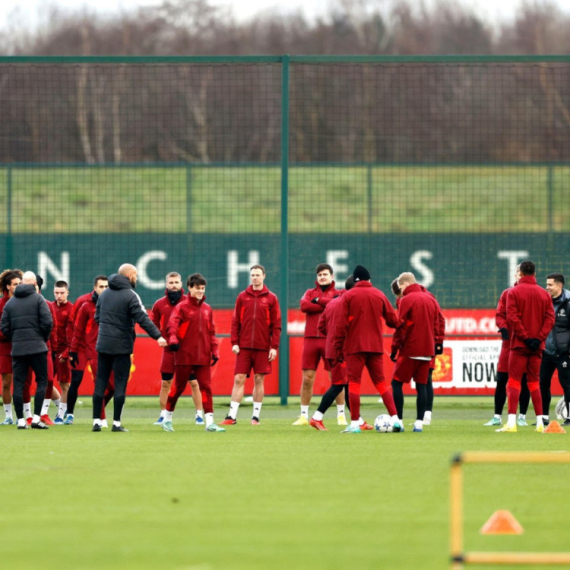
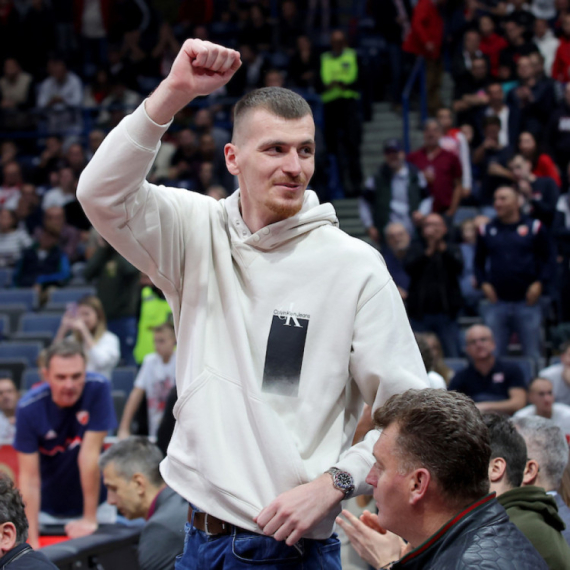
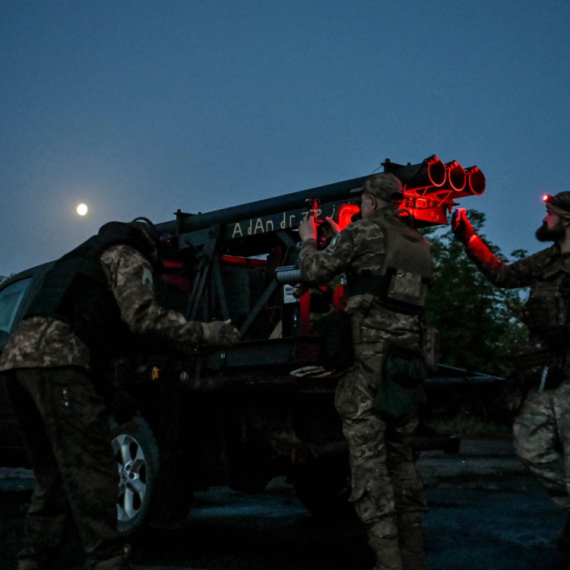
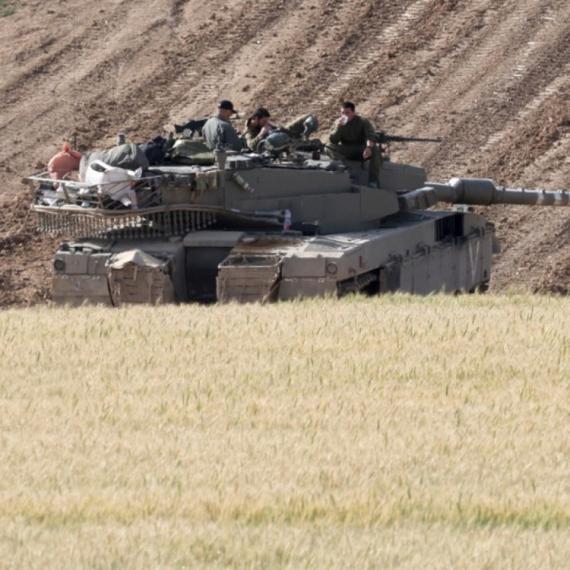
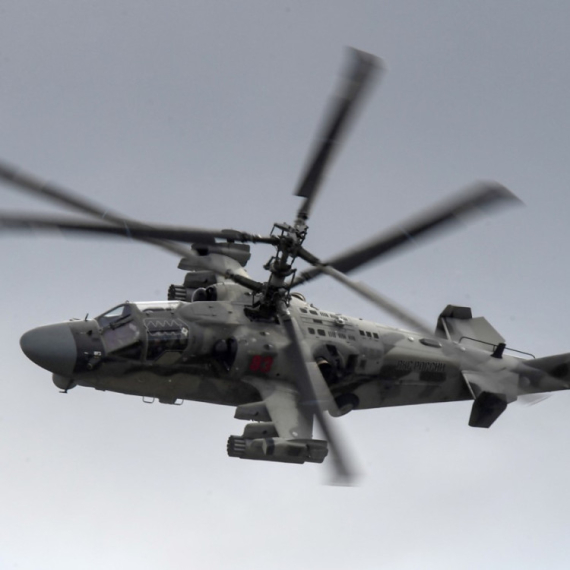
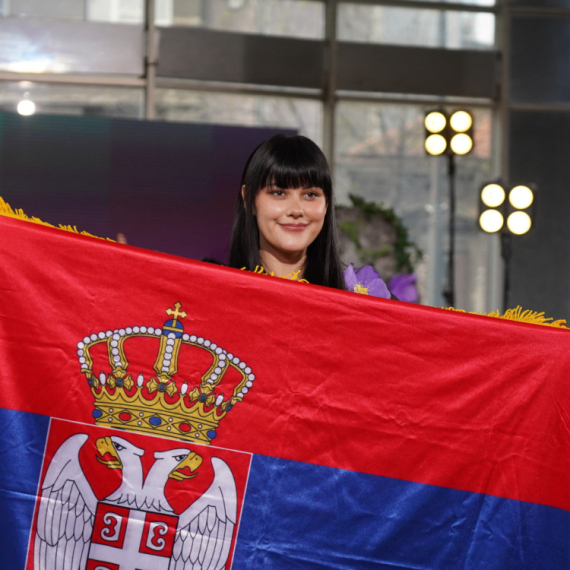

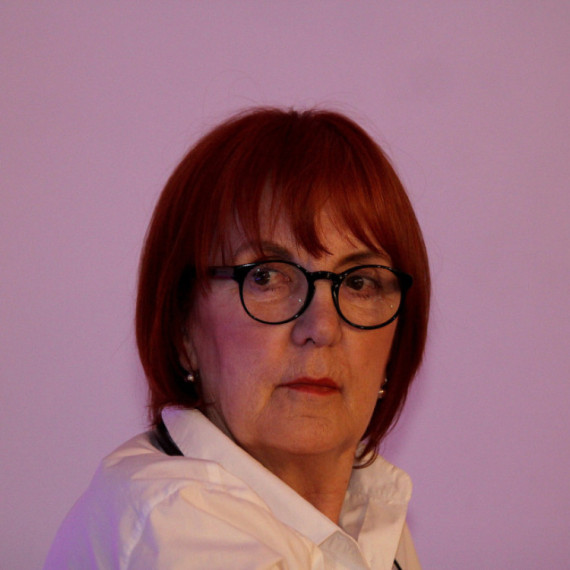

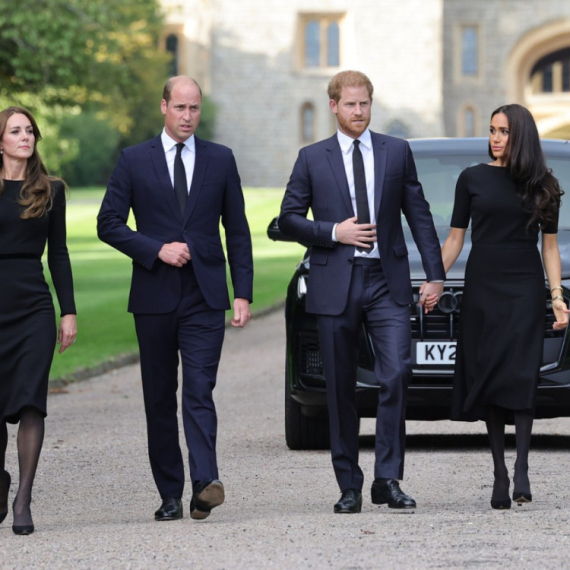



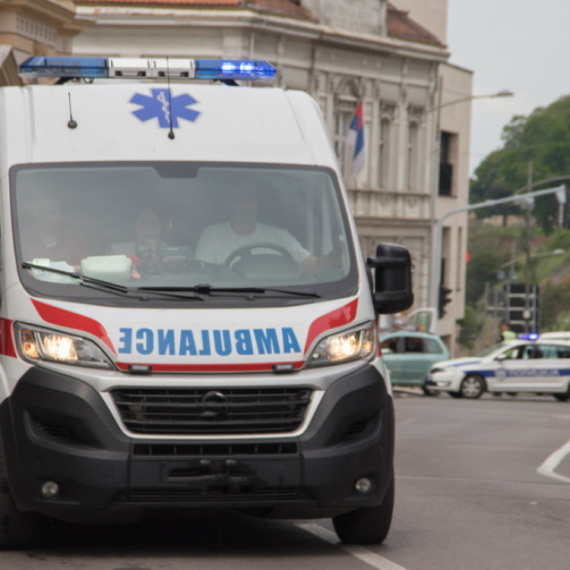

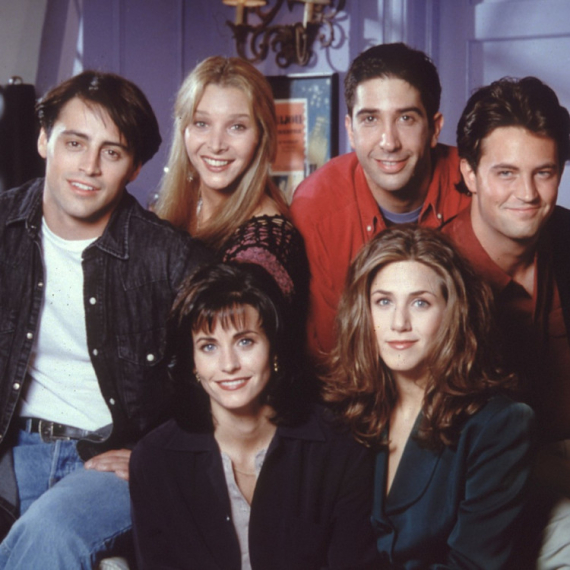
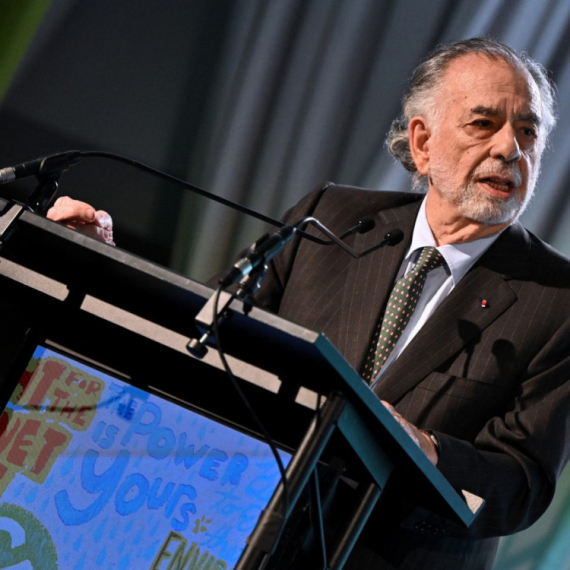
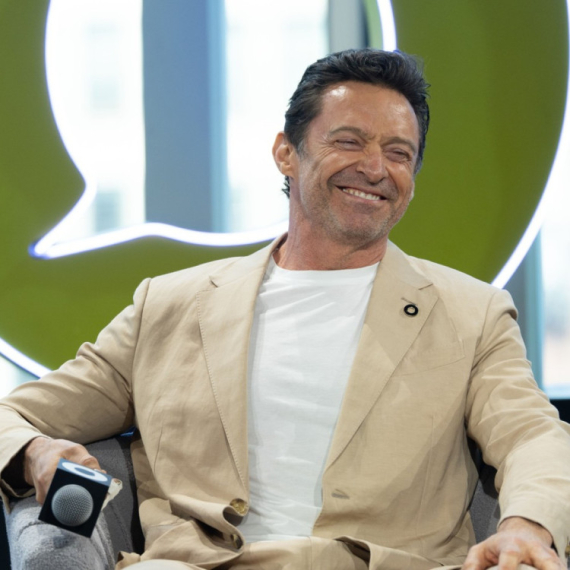








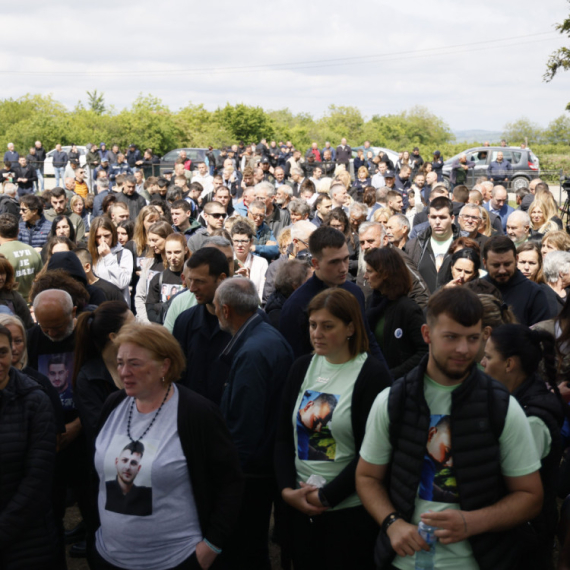
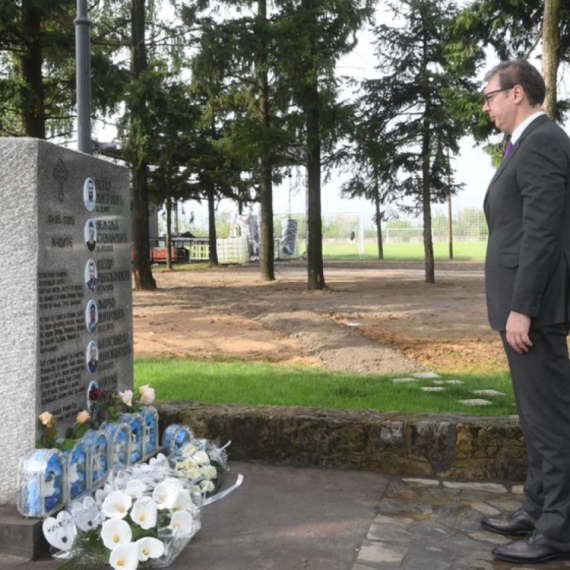
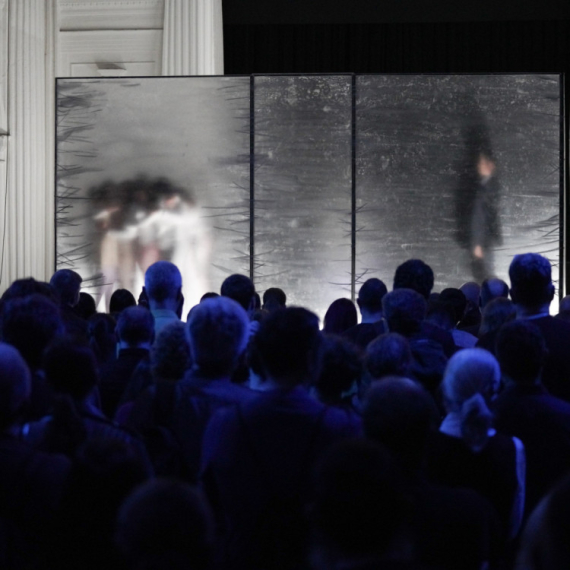
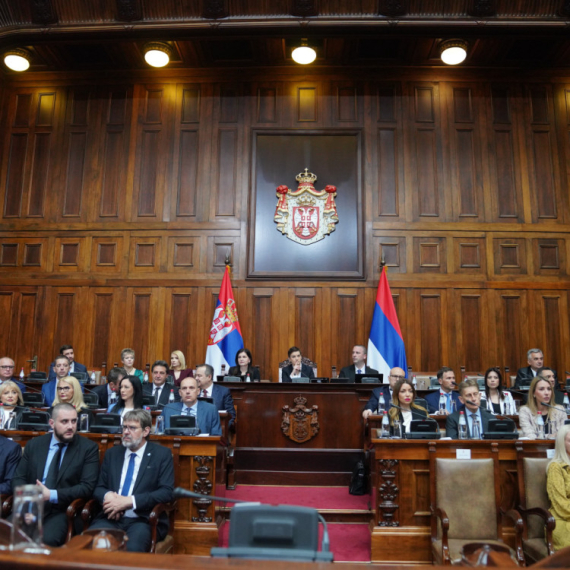




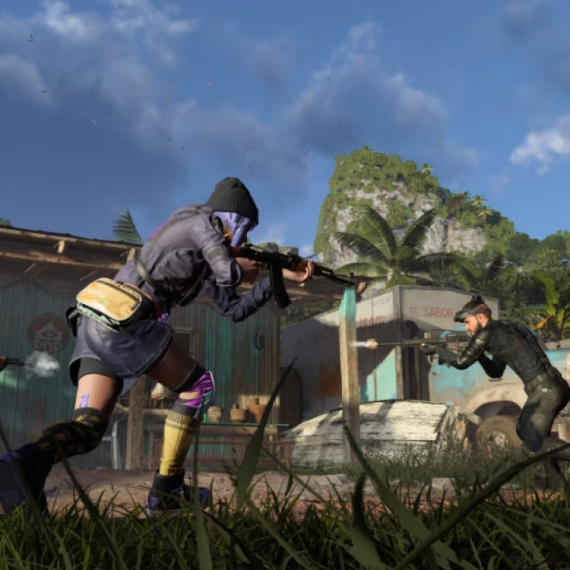
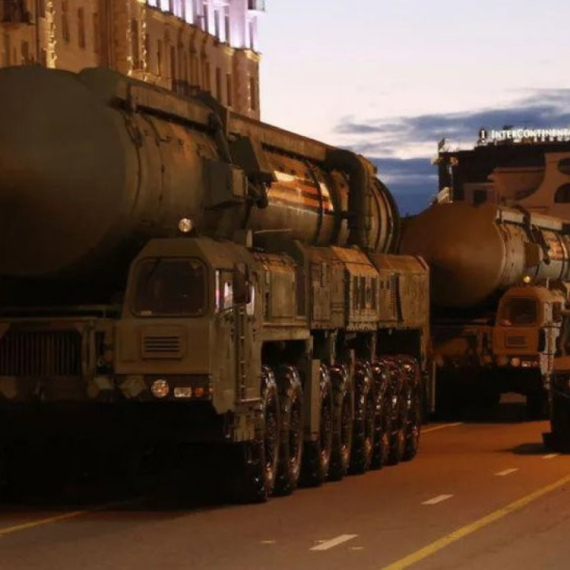
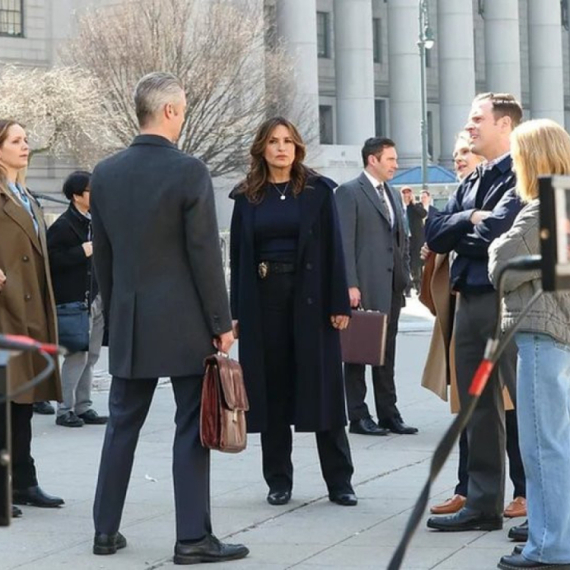
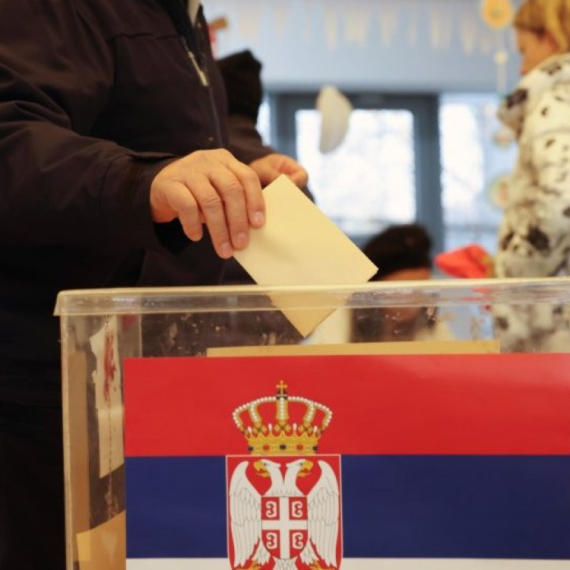
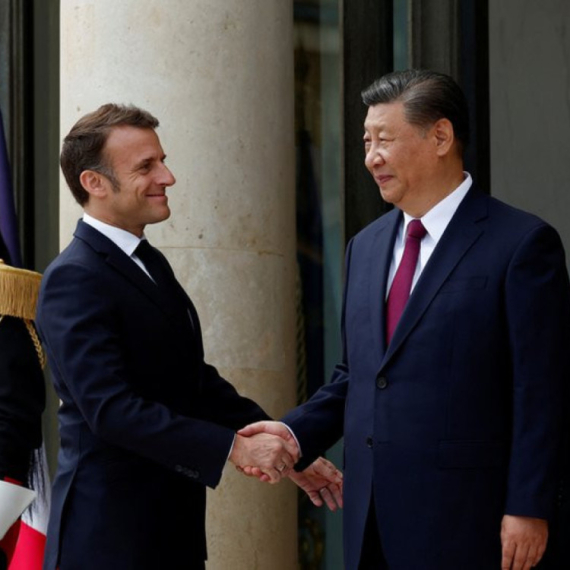
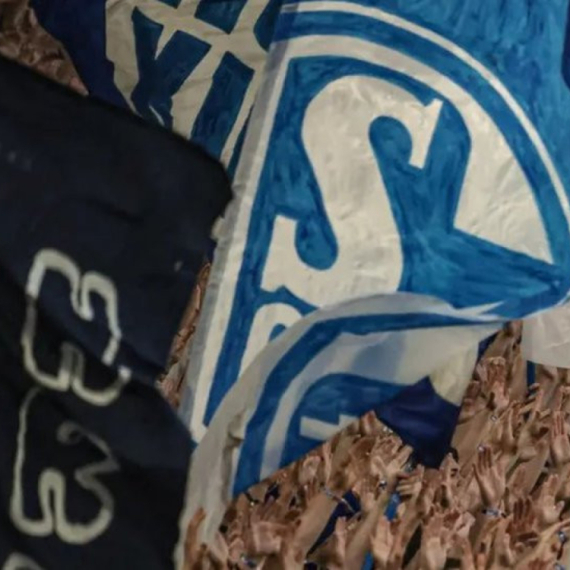

Komentari 2
Pogledaj komentare